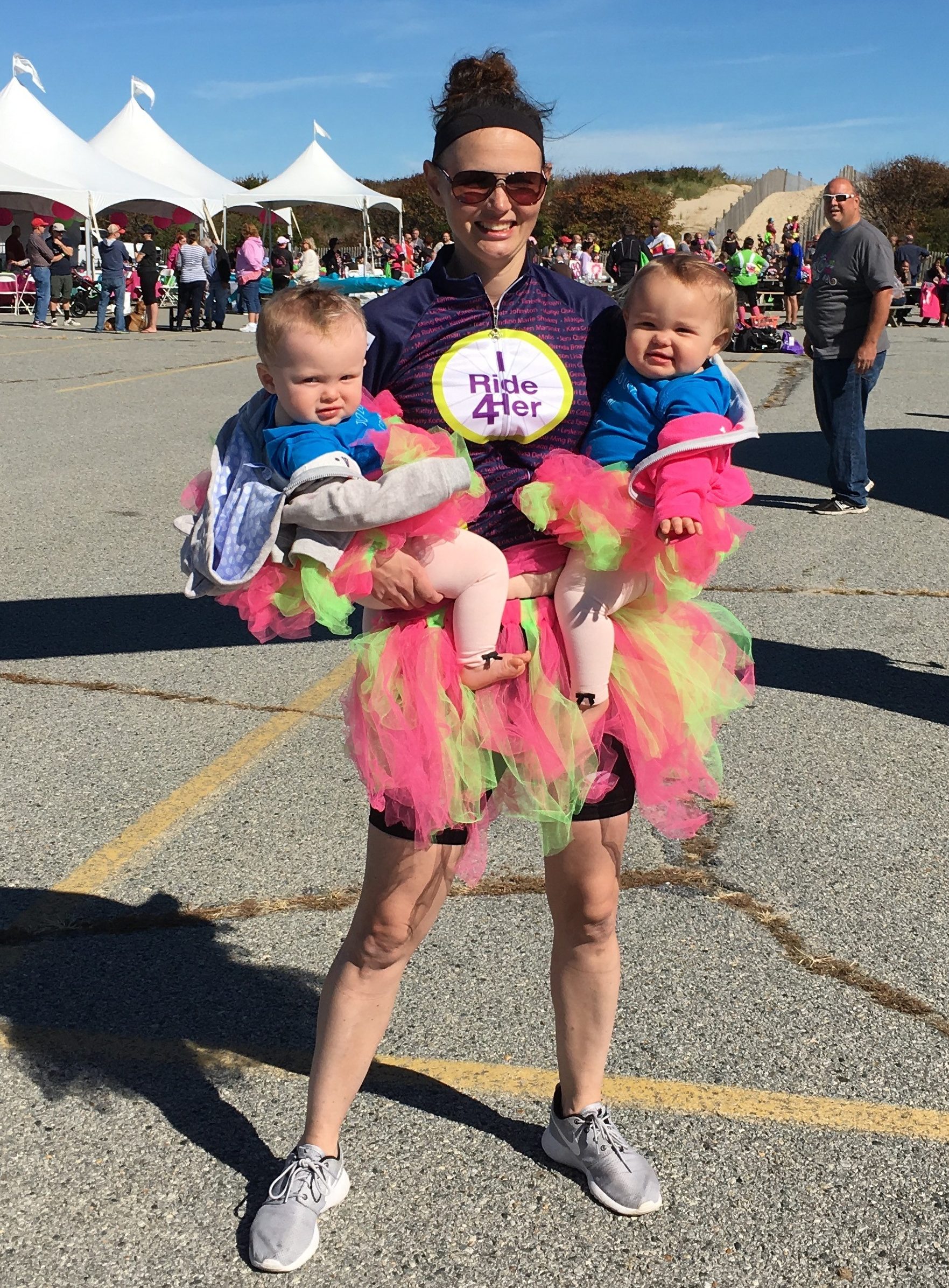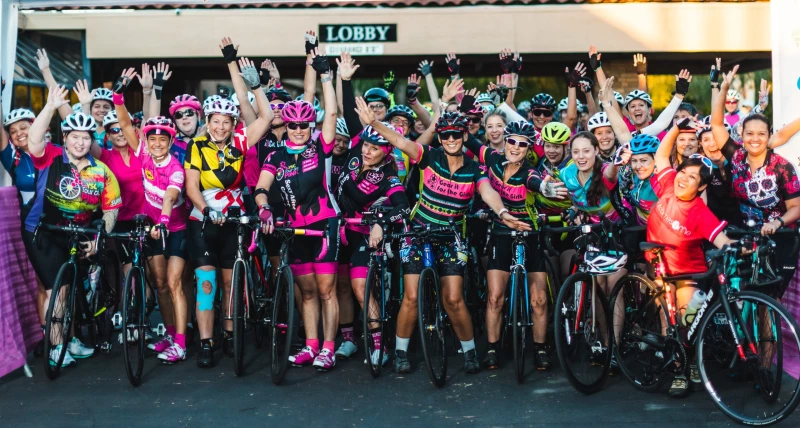Many young women may be diagnosed with breast cancer before having any children or may not be finished building a family at the time of their diagnosis. You may have many questions regarding whether breast cancer or its treatment will impact your fertility and YSC is here to help.
Breast Cancer Treatment and Fertility:
The truth is breast cancer treatments can impact your fertility. Although surgery and radiation rarely affect fertility, chemotherapy, hormonal treatments and targeted treatments can.
– Chemotherapy can damage or destroy eggs impacting your immediate and long-term fertility.
– Tamoxifen isn’t known to cause infertility, but it may interfere with childbearing because of the duration of treatment, usually five to ten years, in which time a woman shouldn’t get pregnant due to potential for birth defects.
– Herceptin (or trastuzumab) is also not known to affect fertility, but women should not get pregnant while taking it and should wait at least six months after completing treatment before trying to get pregnant.
 Fertility & Family Planning Options:
Fertility & Family Planning Options:
– If you’re newly diagnosed, act quickly and speak with your medical team as soon as possible. People may tell you to focus on treating your cancer first, but it is important that you also consider life after cancer treatment and the impact of any treatment you may choose. If having biological children is of interest to you, ask to be referred immediately to a reproductive endocrinologist for a consultation. Fertility preservation options may include embryo freezing, egg freezing, ovarian tissue freezing and ovarian suppression. Based on recent research results, some doctors will now recommend ovarian suppression during chemotherapy to try and protect the ovaries during treatment. Ask your doctor if this may be an option for you. Even if you ultimately decide not to proceed with freezing your eggs or other fertility preservation steps, it is good to be informed and aware of your options. You can learn more details of each option under “Fertility Preservation Options.”
– If you’re post-treatment and if you didn’t or couldn’t make fertility plans before treatment started, that does NOT mean that your door to motherhood is closed. Speak with a reproductive endocrinologist who can perform tests to measure your ability to get pregnant. If it is determined that you are infertile, there are options that may include in vitro fertilization (IVF), egg donation, surrogate/gestational carrier and adoption, which you can review in more detail under “Fertility Options After Treatment.”
– If you’re currently living with Metastatic Breast Cancer, consult your physician about whether or not future pregnancy may be recommended for you. If adoption is something of interest to you, discuss this with your physician and contact local adoption agencies for their insight. You can find fertility and adoption resources in YSC’s ResourceLink Guidebook.
More Information on Family Planning:
Fertility preservation can be expensive, and often not covered by insurance. Financial assistance may be available at participating centers through Livestrong’s Sharing Hope program and the Heart Beat Fertility Preservation Program. You can review the full list of information and resources under the Family Planning section here.

Have Hope
Many young survivors have gone on to have biological or adopted children after their breast cancer diagnosis. Hear from other young women like you:
“Real Talk” Fertility Preservation
Editor's Note: This post was originally published on April 24, 2016 for Infertility Awareness Week and has been updated for accuracy as of May 20, 2016.



